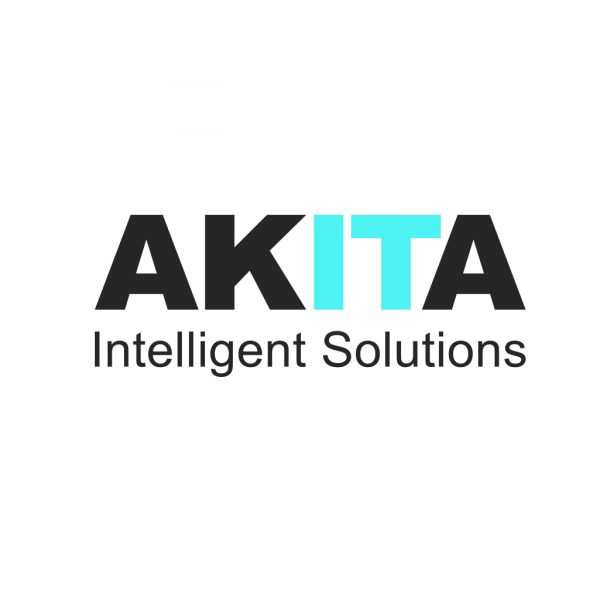The oil and gas industry faces continuous pressure to operate efficiently, adapt to volatile markets, and maintain compliance across complex supply chains.
Achieving this requires complete visibility across operations, from exploration to distribution. Microsoft Dynamics 365 offers a uniquely powerful, integrated ERP solution designed to bring every aspect of an oil and gas organisation into a single intelligent ecosystem.
Unified Operations And Data Visibility
Oil and gas businesses typically rely on multiple systems to manage finance, procurement, asset management, field operations, and logistics. This fragmentation can lead to data silos, delayed decision-making, and increased operational risk. Dynamics 365 removes these barriers through unified data architecture—bringing together ERP, CRM, analytics, and AI-driven insights into one cohesive environment.
By integrating with the Microsoft Dataverse, Dynamics 365 allows all business units—from exploration teams to refinery operations—to work from a single version of the truth. Leaders gain real-time visibility into production output, resource utilisation, and financial performance. This transparency ensures informed decision-making, enabling swift responses to market fluctuations, regulatory shifts, or equipment downtime.
Streamlined Asset And Field Management
Equipment uptime and maintenance scheduling are critical to profitability in the oil and gas sector. Dynamics 365 Field Service and Supply Chain Management modules provide robust capabilities for tracking and maintaining high-value assets across remote and distributed locations. Predictive maintenance, powered by IoT and AI, enables companies to anticipate failures before they occur—reducing costly downtime and improving safety compliance.
Field teams can use mobile apps integrated within Dynamics 365 to access maintenance schedules, log performance data, and record asset condition in real time. This synchronisation between on-site personnel and back-office systems ensures that maintenance, inventory, and procurement processes remain aligned.
Financial Control And Cost Optimisation
Fluctuating commodity prices demand precise financial oversight. Dynamics 365 delivers real-time financial intelligence, multi-currency management, and automated reporting, helping organisations maintain profitability across global operations. Its integration with Power BI offers advanced analytics, allowing CFOs and financial managers to track margins, forecast costs, and assess the financial impact of production or supply chain changes.
Automation of routine accounting, procurement, and approval processes reduces manual workloads while improving accuracy and auditability. The platform also supports complex cost allocation models, project accounting, and intercompany transactions—essential for organisations managing joint ventures or multi-entity operations.
Compliance And Regulatory Alignment
Regulatory compliance remains a defining challenge for oil and gas organisations. Dynamics 365 simplifies compliance management by embedding governance, risk, and audit tracking within operational workflows. From health and safety to environmental reporting, the platform provides automated data capture and traceability, reducing the risk of non-compliance.
Its integration with Microsoft’s Power Platform allows organisations to configure tailored compliance dashboards and workflows without extensive coding. This flexibility ensures that companies can adapt quickly to evolving international standards such as ISO, OSHA, or regional environmental directives.

Enhanced Supply Chain And Logistics Management
The oil and gas supply chain is both complex and capital intensive. Dynamics 365 Supply Chain Management enhances visibility across procurement, inventory, logistics, and vendor relationships. It enables predictive demand planning, optimised stock levels, and streamlined logistics operations—all supported by AI-driven insights.
The system’s ability to integrate seamlessly with third-party transport management and trading platforms ensures end-to-end visibility, from material sourcing to product delivery. This integration helps organisations reduce waste, avoid stockouts, and ensure timely delivery of essential materials to remote or offshore sites.
Scalability And Flexibility For Growth
Whether an organisation operates upstream, midstream, or downstream, Dynamics 365 offers the flexibility to adapt to unique business models. Its modular architecture allows companies to deploy the most relevant applications first - such as Finance, Supply Chain Management, or Field Service - and expand functionality as business needs evolve.
Hosted on Microsoft Azure, the solution offers enterprise-grade security, resilience, and scalability. Companies can easily manage operations across multiple geographies while maintaining consistent standards of performance and governance. Cloud-based deployment also ensures access to the latest updates and innovations without the disruption of large-scale infrastructure projects.
Integration With The Broader Microsoft Ecosystem
One of Dynamics 365’s key differentiators lies in its seamless integration with Microsoft’s wider technology stack. Through native connections with Microsoft 365, Teams, Power BI, and Power Automate, oil and gas organisations benefit from enhanced collaboration, workflow automation, and data-driven intelligence.
For example, engineers can update asset information directly through Microsoft Teams, with data automatically synchronised in Dynamics 365. Executives can visualise performance dashboards in Power BI, while process managers automate approval workflows through Power Automate. This synergy transforms everyday processes into streamlined, intelligent operations.
Supporting Sustainability And Digital Transformation
The global energy landscape is shifting towards cleaner and more sustainable operations. Dynamics 365 supports this transition by providing insights into energy consumption, emissions tracking, and resource efficiency. By unifying operational and sustainability data, it helps organisations measure environmental impact and identify areas for improvement.
Furthermore, Dynamics 365 underpins broader digital transformation initiatives by enabling advanced analytics, machine learning, and integration with IoT solutions. From real-time monitoring of drilling performance to predictive analysis of energy demand, the platform empowers decision-makers to operate smarter, safer, and more sustainably.
The Business Case For Dynamics 365 In Oil And Gas
For oil and gas companies, the business advantages of adopting Dynamics 365 are tangible. It reduces total cost of ownership by consolidating disparate systems, enhances agility through cloud scalability, and strengthens operational resilience. Most importantly, it aligns people, processes, and data within a single intelligent framework—driving continuous improvement across the entire value chain.
In a sector where efficiency, compliance, and adaptability are paramount, Microsoft Dynamics 365 stands out as the most comprehensive and future-ready ERP solution for oil and gas. Its ability to connect finance, field operations, supply chain, and compliance functions within one unified ecosystem gives oil and gas organisations the control and insight needed to thrive in an increasingly competitive and regulated environment.
To explore the functionality of Dynamics 365 for the oil and gas industry, please get in touch with our consultants:





